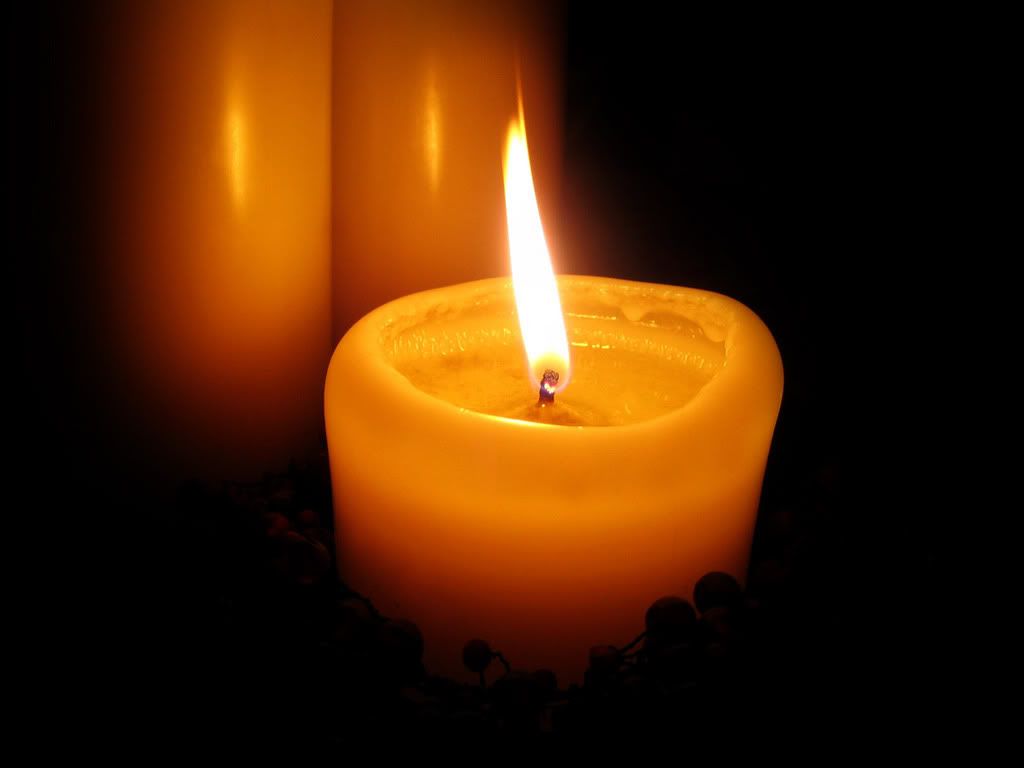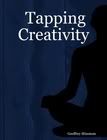 For as long as humans have been able to contemplate their own existence, there has been a religious movement to explain our existence, social expectations, afterlife, and path to redemption. Hundreds of religions and mythologies exist today, each different (by varying degrees) from the other. One thing they all have in common, however, is their dedication to helping us navigate through this earthly day-to-day and all of the uniquely human trials and tribulations that go with it.
For as long as humans have been able to contemplate their own existence, there has been a religious movement to explain our existence, social expectations, afterlife, and path to redemption. Hundreds of religions and mythologies exist today, each different (by varying degrees) from the other. One thing they all have in common, however, is their dedication to helping us navigate through this earthly day-to-day and all of the uniquely human trials and tribulations that go with it.
I was introduced to the works of comparative mythologist Joseph Campbell right around the time I was taking a course on world religion. Between the two, I became enthralled (and a little overwhelmed) by the differences, and moreover, the similarities of cultural mythologies. I dove into religious texts. I re-read The Bible, The Koran, The Upanishads, The Dhammapadda, the Tao Te Ching, the Book of Mormon, the Teachings of Confucius and any other text I could find. Never once, however, did I think to keep a log of my reading.
Since that time, I’ve gone back and started re-reading all of the sacred books again; only this time, I’m reading more slowly and taking notes. As I read parables, I write down summaries and try to apply the lessons of parables to my own life. I take the verses from Eastern texts and “translate” them into a contemporary, and sometimes more detailed form, and apply them to my life.
I slowly find some answers, and not from just one source. While this practice may be considered by some as heretical—or at the very least “misguided”—it helps me make it through hard times, find the beauty in all things, be thankful for what I have, and be more forgiving of others. Of all the extended exercises I practice, none of the other helps me on a personal level so much as this one. Some of the thoughts that surface in my journal make it into stories, but more often than not, they help me keep my mind clear of the daily clutter so I can focus my writing. Be it humor, drama, or editorial in nature, the trivial seems to fall out of the work leaving the real issues to be addressed.
I’m currently in the process of writing a novel involving three separate plotlines that revolve around these central questions:
- What is the nature of love?
- What circumstance could make one person hurt another in the name of love?
- Can love ultimately heal all wounds?
The story itself is not what I’d call romantic. It involves dissolving marriages, a character who is not able to have children and wants nothing more that to do just that, and a dying man taking a trip back through his life and reliving his most precious memories while his daughter sits by his deathbed trying to inwardly reconcile her relationship with her father over something that happened years ago.
The work stems directly from my own contemplation of the above-mentioned questions in relation to the accepted notions of love as presented to society by our sacred texts. Without the background reading, I doubt the project would ever have gotten started.
For you to start, I recommend working outside of The Bible at first. Many of us in the Western world are familiar with The Bible and may already have preconceived notions that influence our readings. Try something smaller with shorter passages like the Tao Te Ching. Most passages are anywhere from four to twenty lines long. This makes them small enough to digest and work with, but you’ll see that small on content can be very big on meaning.
Start with one passage a day and focus on that passage. Move on to another one when you are ready. Don’t feel like you need to do one every day. Remember life’s a journey, not a destination. Feel free to make a few stop along the way and enjoy the view; your writing will be stronger because of it.


1 comment:
It sounds like a wonderful book to read. I look forward to you finishing it. I see similarities in our reading habits. I also take lessons from what I read and apply them to my life.
Post a Comment